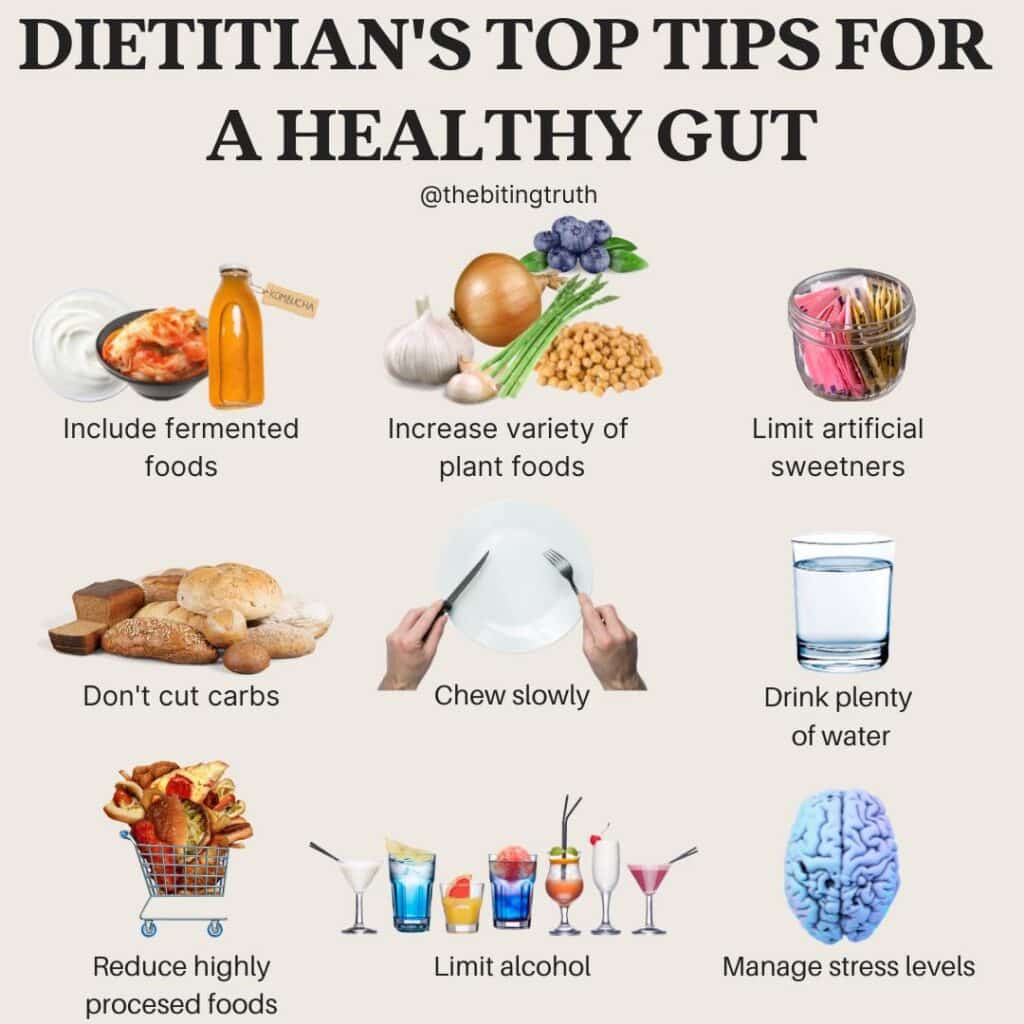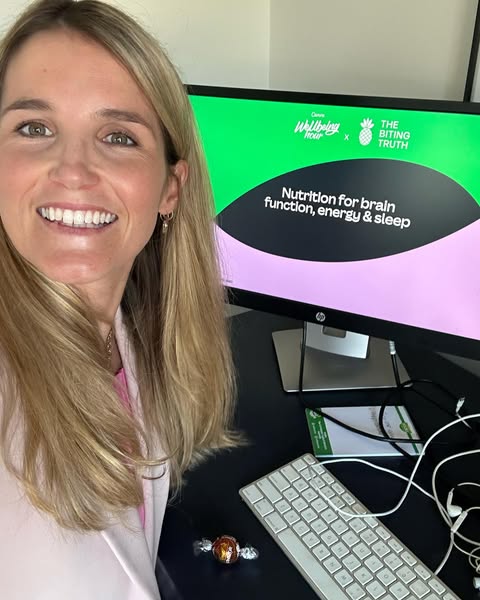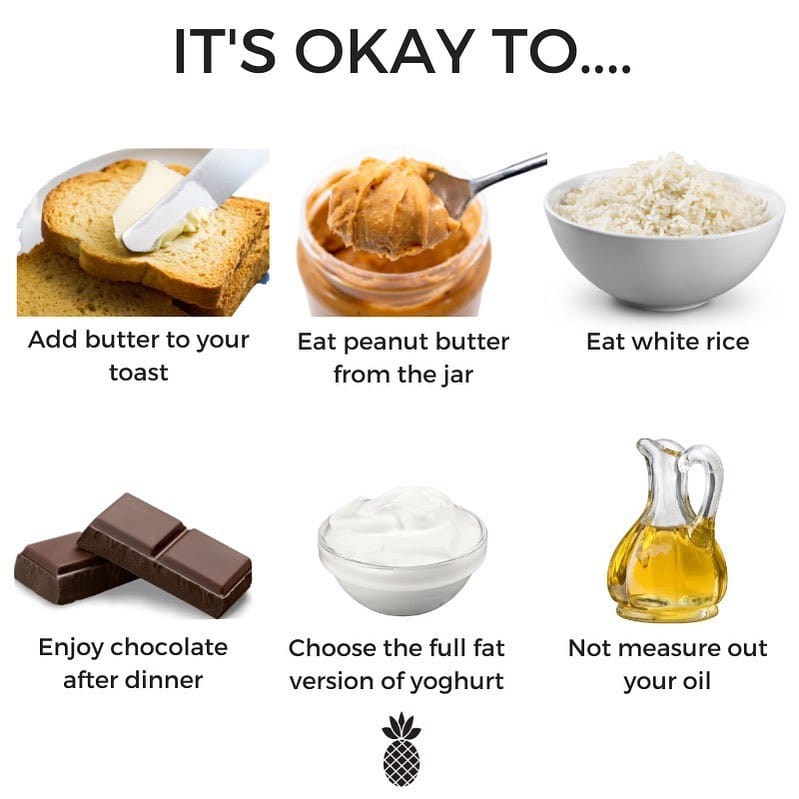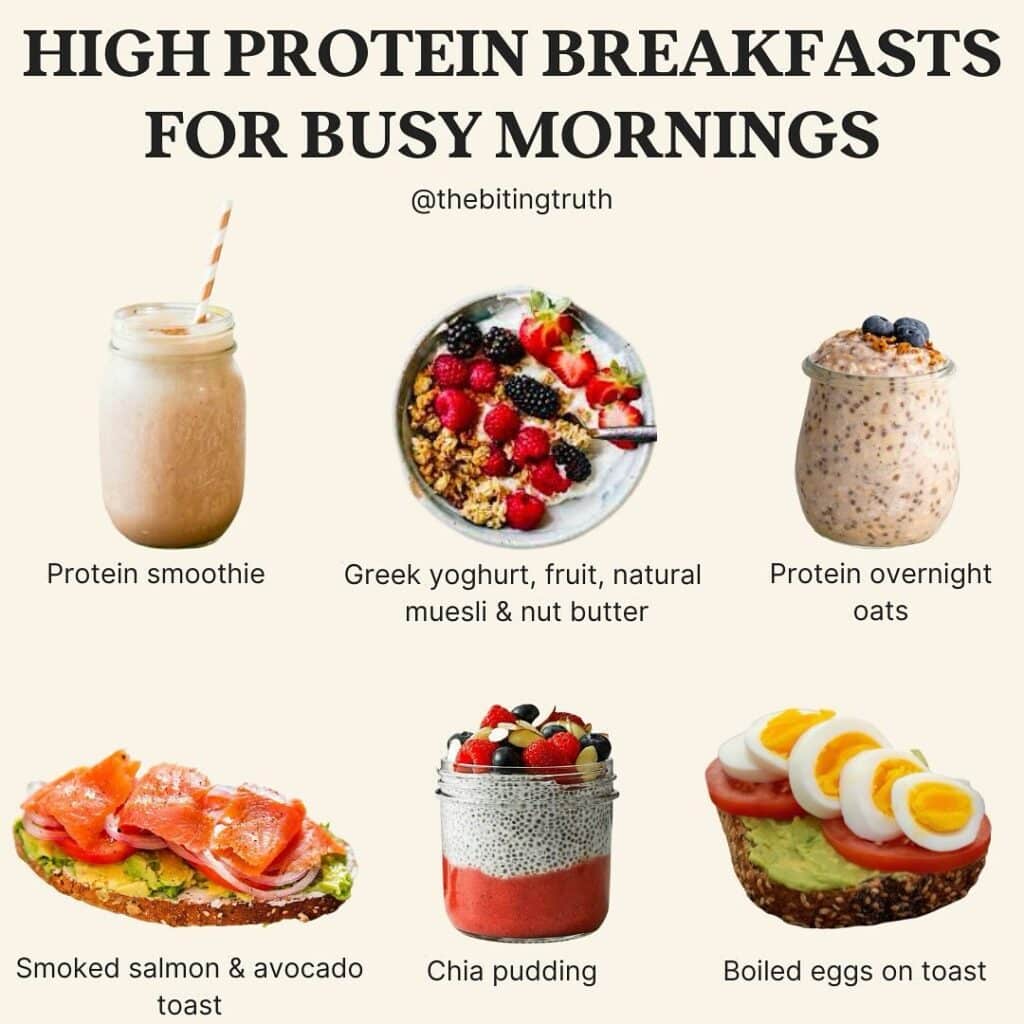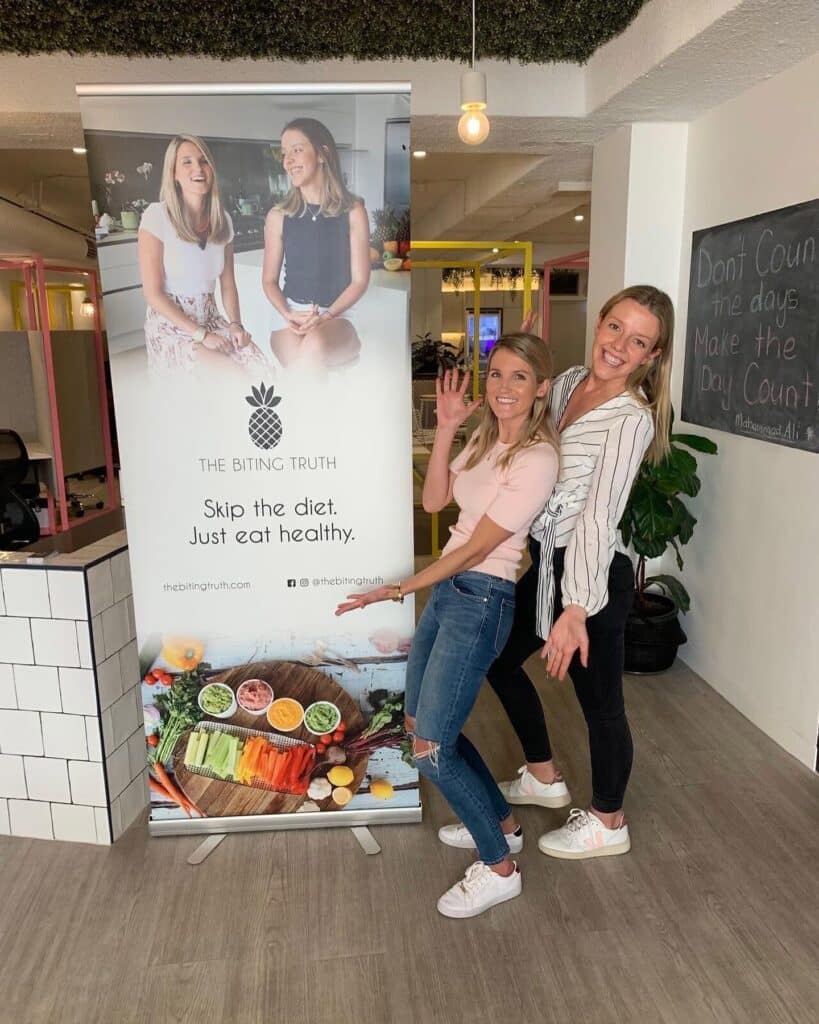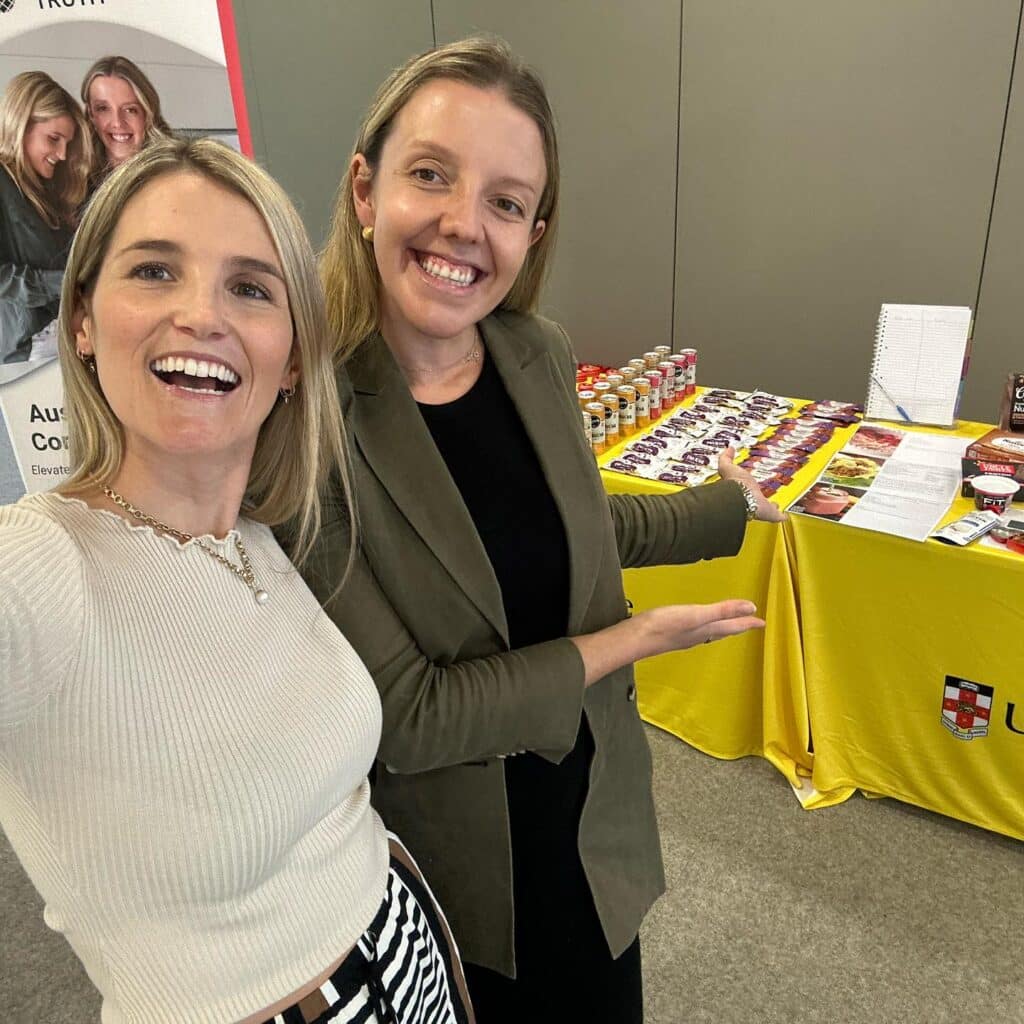Fresh fruit and vegetables are a vital part of a healthy, balanced diet.
But should we be choosing organic produce?
Here, we take a closer a look at what organic actually means and whether it really is a better choice and worth the extra cost.
The term ‘organic’ is used to describe foods grown without pesticides, artificial fertilisers, hormones or antibiotics. Organic farms use techniques that promote environmentally-sustainable farming and prioritise animal welfare.
The jury is still out as to whether organic foods are more nutritious or not.
The nutritional quality of our fresh food varies widely, regardless of whether it’s organic. This is because nutritional quality is influenced by the climate, soil quality and how it’s processed, among other factors.
There has been minimal research to indicate that organic food is more nutritious. One study found organic produce may contain higher levels of antioxidants compared to conventional produce, however these findings aren’t consistent across all studies.
Organic farming is widely considered a far more sustainable alternative when it comes to food production.
The lack of pesticides used, and the greater variety of plants being harvested enhances biodiversity, resulting in better soil quality and reduced pollution from fertilisers or pesticide run-off.
However, scientists are concerned that organic farming has far lower yields compared to conventional farming, and so requires more land to meet this demand.
There has been research done looking at which fruits and veggies are best to buy organic (if you can). Generally they tend to be ones where you eat the skin.
The Dirty Dozen was created by an American Environmental Working Group, which tests a collection of conventionally-grown fruit and vegetable samples for pesticide residue each year. The top twelve containing the most pesticides make up the Dirty Dozen list, and the ones with the least residue comprise the Clean Fifteen. The idea is that if you can only afford to buy some organic foods, then the dirty dozen are those you should prioritise. Whereas conventional produce is perfectly safe when it comes to the ‘Clean Fifteen’ foods.
In 2020, the Dirty Dozen consisted of (i.e. the ones you should buy organic if you’re able):
The Clean Fifteen included (i.e. the ones you don’t need to buy organic):
There are a couple of things to keep in mind when it comes to the Dirty Dozen.
If you wish to go organic, here are a few things to keep in mind when deciding which produce is worth the extra money:
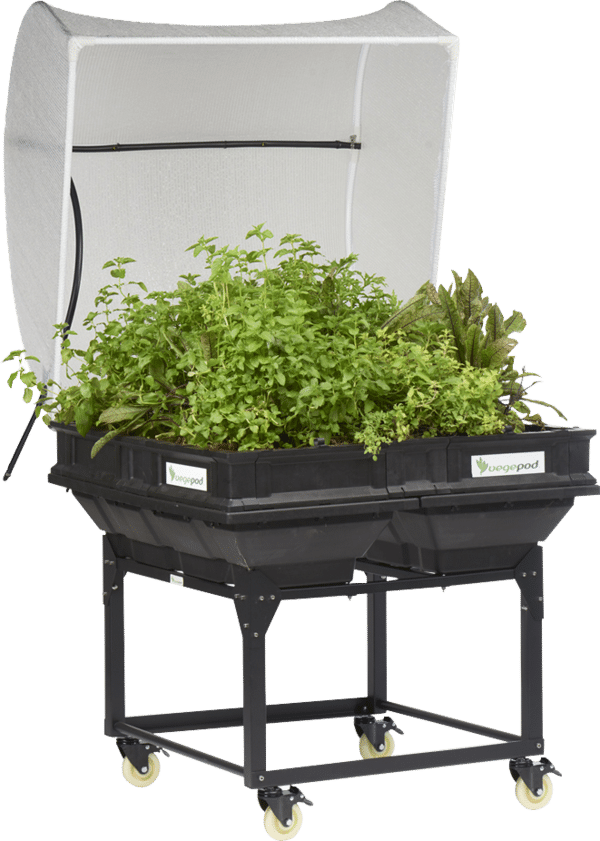
Organic is a ‘nice to have’ not a ‘must have’. Organic or not, you can rest assured your fruit and veggies are very safe and nutritious for you to eat and enjoy!
Research from CSIRO has shown that 4 in 5 adults don’t consume enough fruits and vegetables. So organic or not – eating more fruit and vegetables should be your priority. It’s one of the simplest ways you can improve your health and wellbeing, and prevent against the growing rates of obesity and lifestyle diseases such as heart disease, type 2 diabetes and some cancers.
—
Notes
